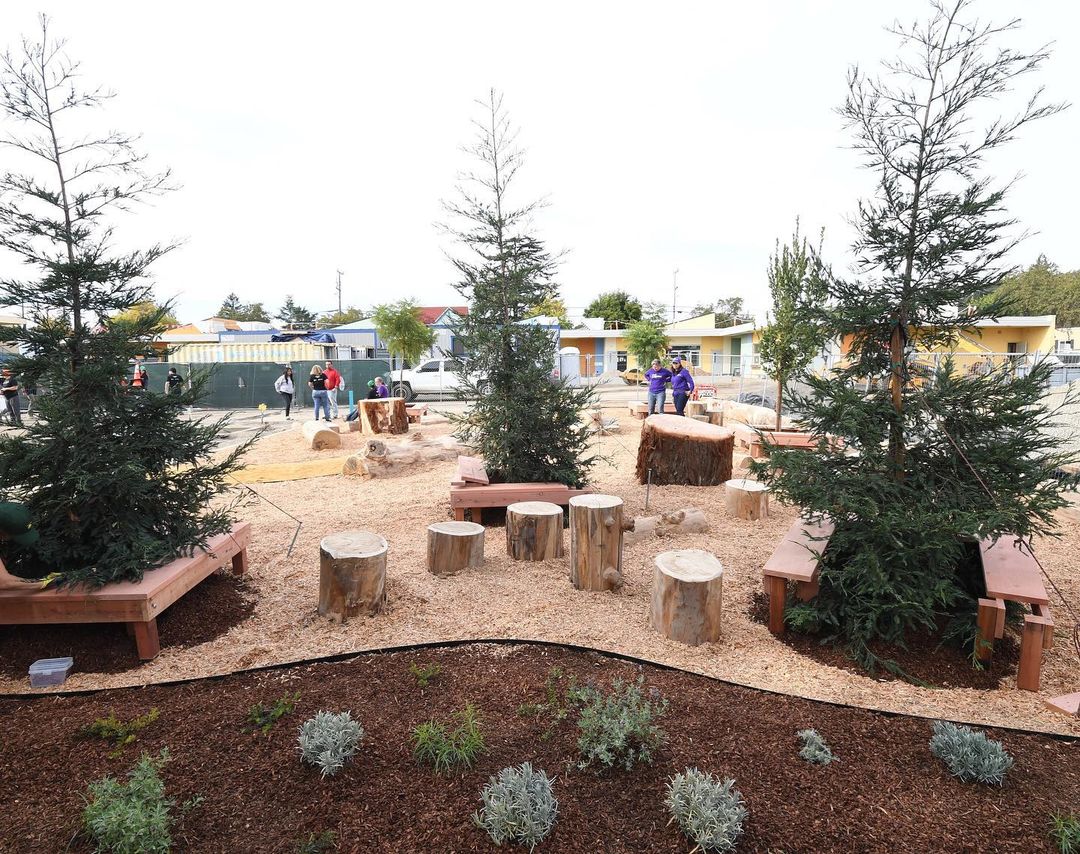A recently renovated basketball court was inaugurated in Oakland this week. It is the most recent initiative of the Eat. Learn. Play. Foundation, which Ayesha and Stephen Curry established. The foundation, which formally commenced operations a month ago, will initially concentrate primarily on Oakland, according to an explanation provided by Chris Helfrich, the CEO of the Eat. Learn. Play. Foundation. “When the Warriors relocated to San Francisco, Stephen and Ayesha wereadamant that they could not be separated from Oakland.” “They have spent a great deal of their childhood and adolescence here, where their family has developed; it is a place that feels like home.”
The Curry family has established a precedent of philanthropy in the Oakland region, as stated by the city’s Director of Parks, Recreation, and Youth Development, Nicholas Williams. Ph Ph has been indispensable to Oakland. He assisted us in renovating one of the gyms at the Bushrod recreation center. Six to eight months later, he returned and completed the construction of a digital classroom, in addition to procuring laptops and other technological equipment for the center. While assisting us in the gym as athletes and recognizing the need to construct a learning environment, he has consistently played a pivotal role in philanthropy.


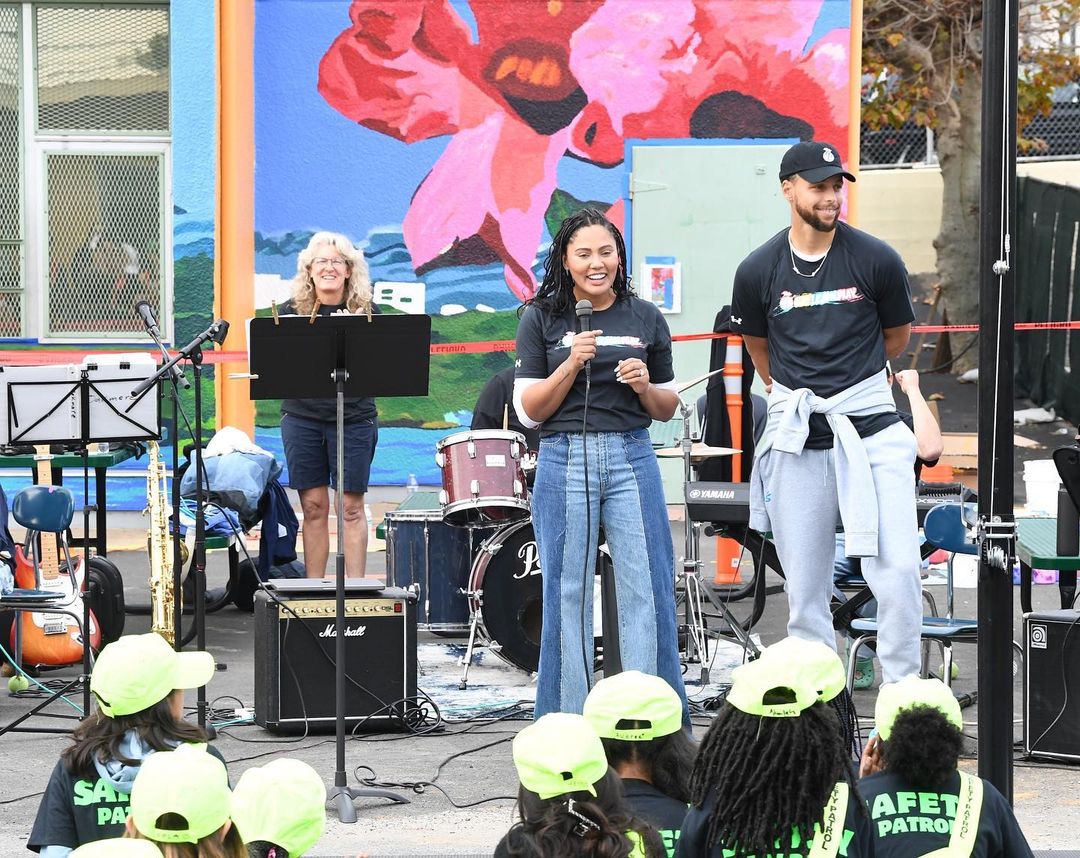
Increasing their exertion
The establishment of the Eat. Learn. Play. Foundation signifies an expansion of these initiatives. They served as the presenting partner of the Oakland Town program, the city’s summer program for neighborhood children, this past summer. This year, the camp doubled in size due to the Currys’ participation alone, according to Williams, who stated that “the name alone attracts children.” We averaged 400-500 children per day last year, but 900-1000 children per day this year.” In addition to facilitating recreational activities for children, the foundation supported a scholarship worth $50,000 and distributed more than 25,000 nutritious breakfasts, thereby fulfilling all three of its pillars.
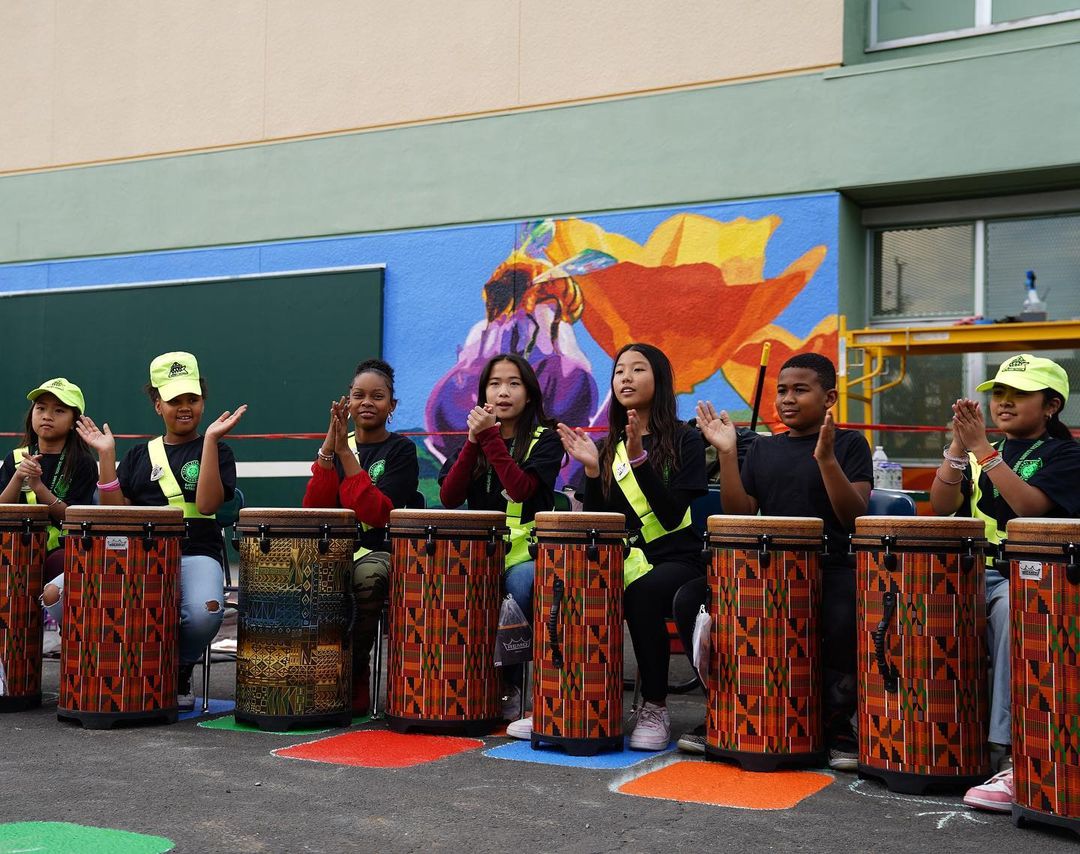


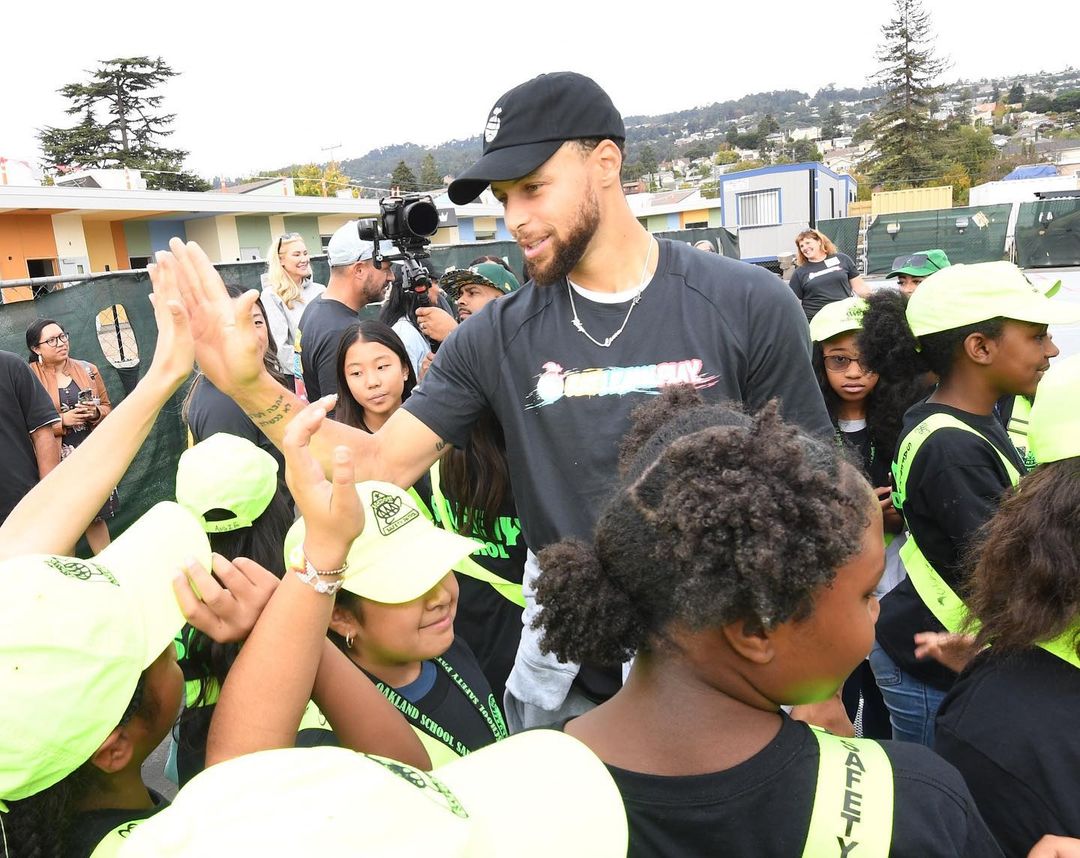
The Currys meticulously selected those pillars—childhood hunger and nutrition, closing the college education gap, and ensuring children have the opportunity to develop through play—as Helfrich explains: “They’ve been extremely deliberate in delaying the launch of the foundation until they feel like they have a firm grasp on the matters that are important to them at this time.” Furthermore, Helfrich asserts that the Currys will maintain their well-established emphasis on equality and issues pertaining to women and girls throughout the entirety of Eat. Learn. Play.
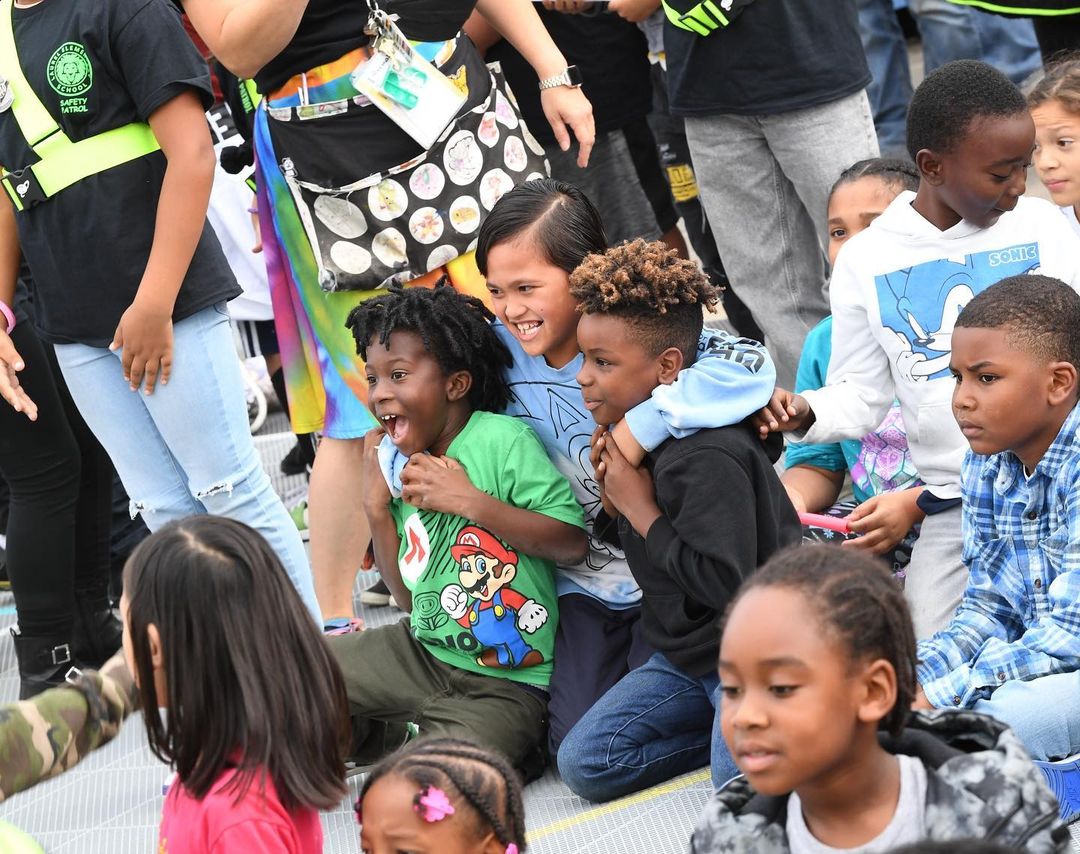


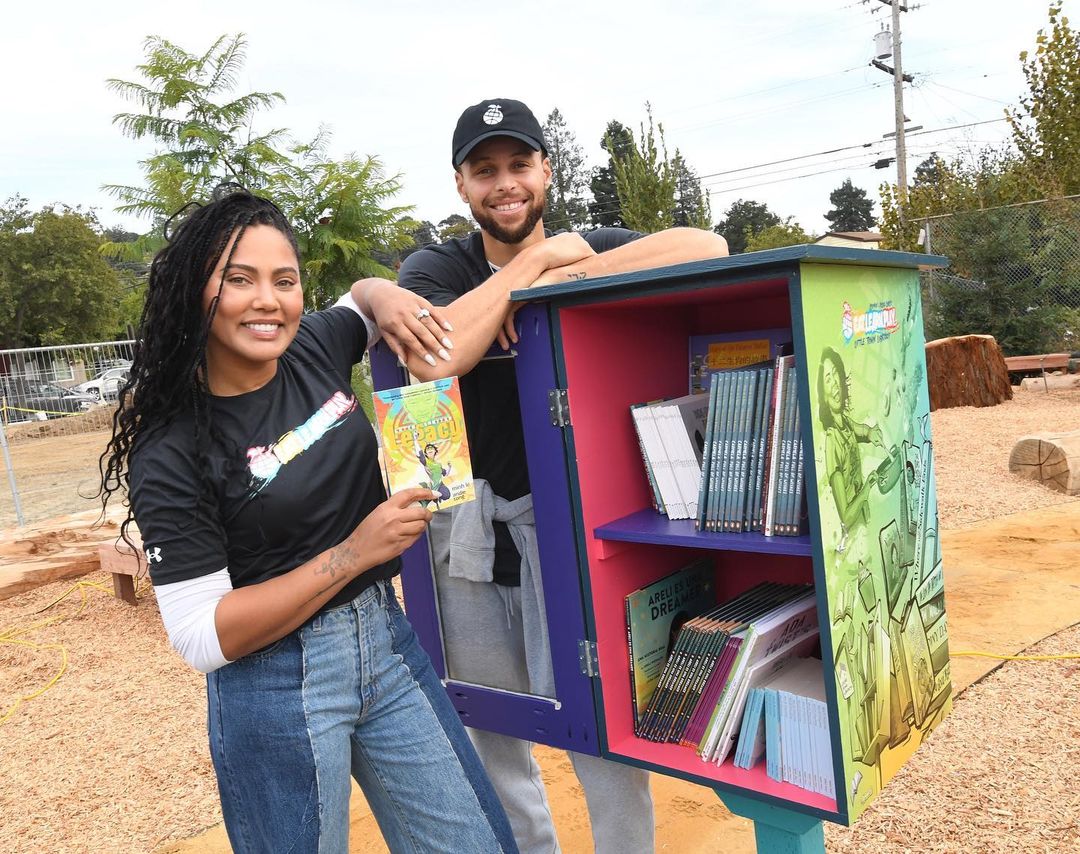
Optimizing their influence
Given their profile, Stephen and Ayesha Curry can contribute significantly to the discourse surrounding the issues they have chosen. Helfrich described the strategy that is being implemented for the foundation. “Each year, the Currys make a substantial contribution of seven figures, and we intend to procure further funds.” Additionally, we must consider how we are utilizing their time and voice. Additionally, we want to put those items to good use so as to maximize their impact. Whether it be concerning issues of gender equality for girls and women or adolescent hunger, the Currys have an incredible platform that we intend to use to advocate for the constituencies we are attempting to assist.
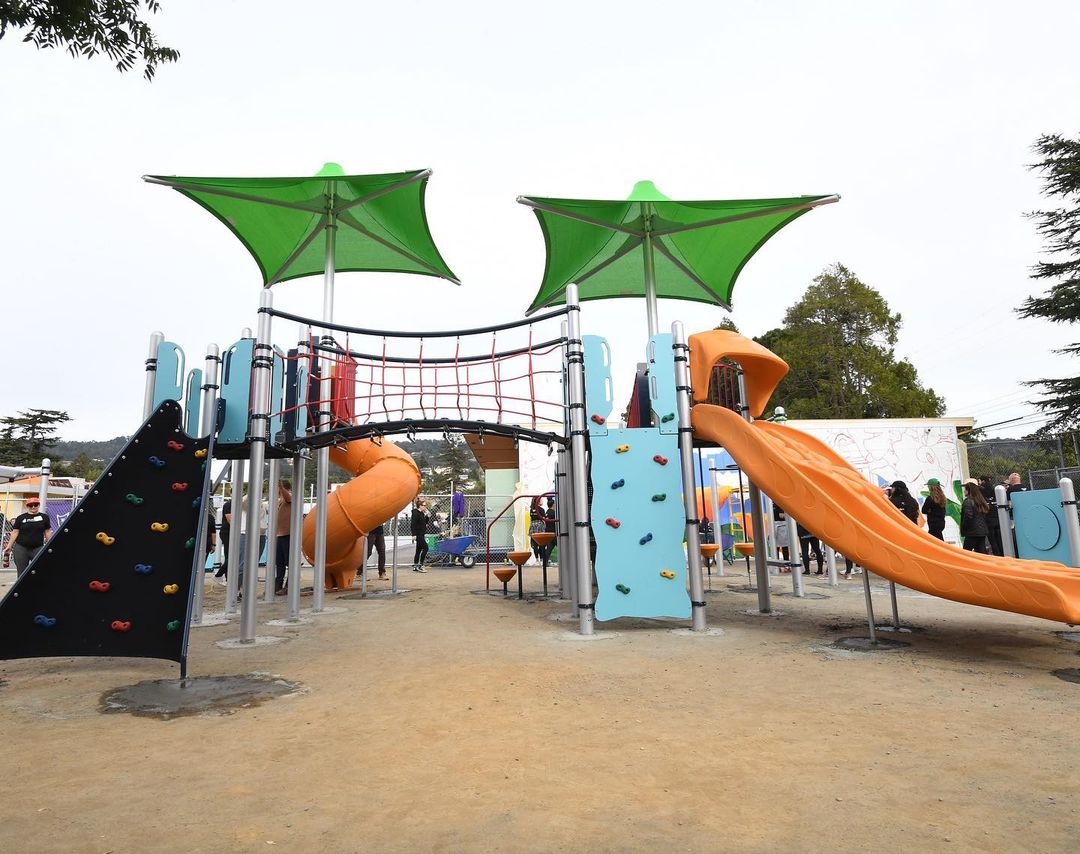

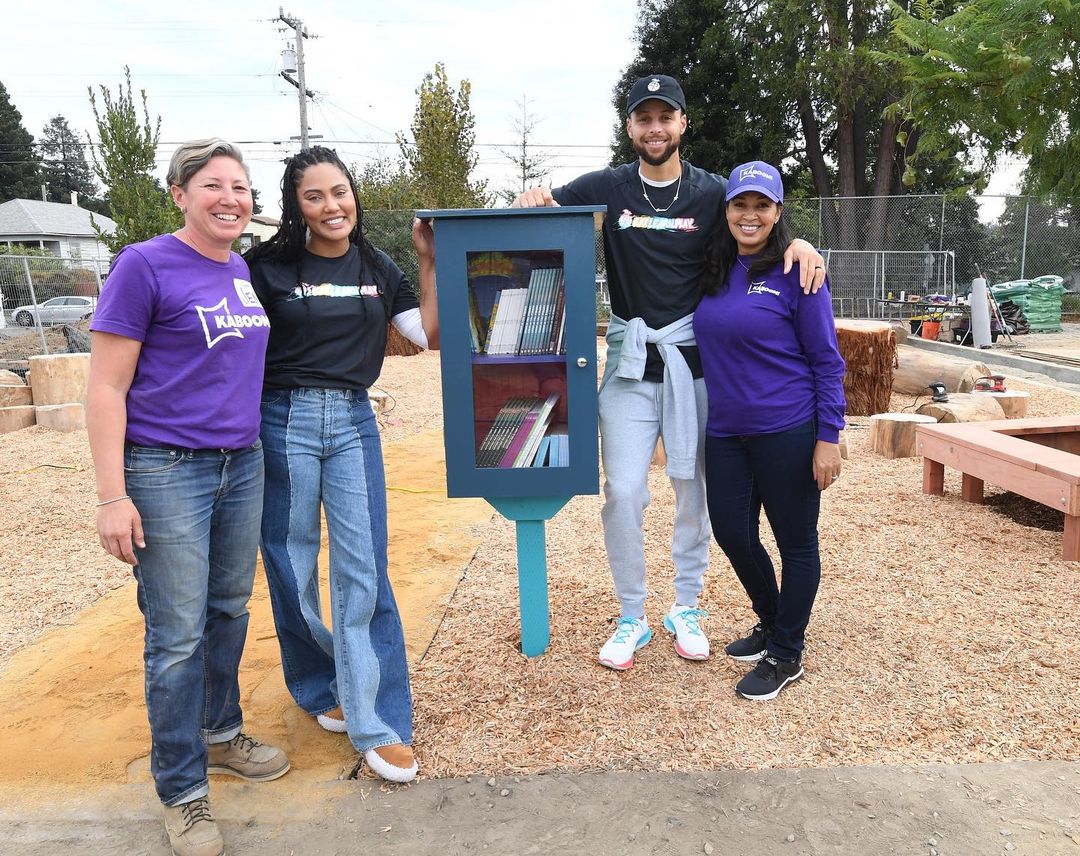
Consequently, how does that manifest itself in application? They have established a partnership with Share Our Strength, the organization responsible for the No Kid Hungry campaign. The organization’s founder, Billy Shore, provided an explanation of the operational mechanisms of their campaign, which aims to ensure that eligible children for publicly funded school meals actually receive them. “The most significant opportunity in the United States is to ensure that 21 million children receive a free school lunch; of these, all 21 million are eligible for breakfast; however, only nine million were receiving it ten years ago. Although everyone is eligible for summer meals, only three million actually receive them. However, what is even stranger is that the lunch for all 21 million is financed by bipartisan federal entitlement programs. Our mission is to assist communities in removing any obstacles that prevent children from receiving school meals.
